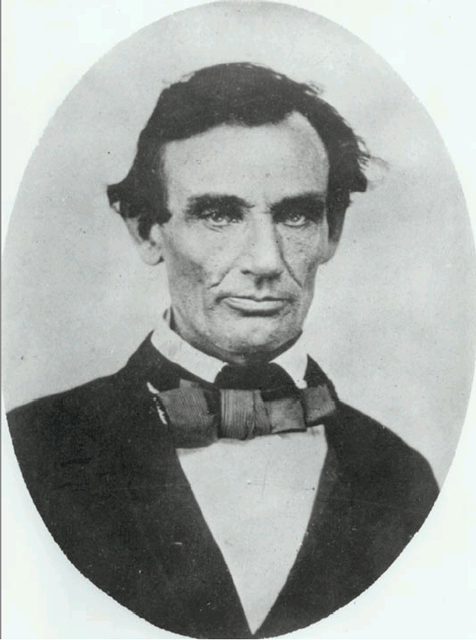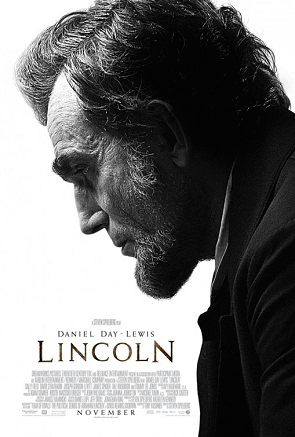August 25, 2012
LES & Lincoln
We'll be living at the Seward Co-Op. Who was William H. Seward? He was a United States Senator from New York who served from 1849?1861 and later went on to be Secretary of State in the Lincoln administration. He was targeted and attacked, in his home as part of the Lincoln assasination (pretty rough action: his attacker's gun misfired, he was pistol whipped and stabbed repeatedly in his head and neck), he recovered and was later responsible for the purchase of Alaska.
According to Seward biographer John M. Taylor, "As Lincoln and Seward became more comfortable in their relationship, the latter became a target of the president's wit. According to Fred Seward, his father, searching for the president in the White House, once found him polishing his boots. When Seward remonstrated, telling Lincoln sternly that in Washington 'we do not blacken our own boots,' the president was equal to the occasion, remarking good-humoredly, "Indeed, then whose boots do you blacken, Mr. Secretary?"
More Lincoln under the fold...

I highly recommend every volume of Michael Burlingame's Abraham Lincoln: A Life. I downloaded from Audible, excellent if you have long stretches of meditative time to let it wash over you. Burlingame's book is comparable to John Richardson's A Life of Picasso biography series in terms of the granularity of their description:
What occurred to Burlingame, however, was one of those basic?almost primitive?insights that make for the shifting of entire paradigms. Every biographer, he reasoned, works from notes. Most of the notes never manage to get into the biography for reasons of space, just as most of the 3x5 cards we amass for college term papers never get into the final submission. In our case, the excess 3x5s wind up in the waste basket; in the case of famous writers, they wind up in collections of authors' papers in various archives and libraries, where no one except the most diligent (or the most antiquarian) ever bother to call for them. Surely the same thing must hold true for biographers of Lincoln. The more famous (like the muckraking journalist Ida Tarbell), the more likely the unused material has survived; the closer they were to Lincoln's time (and Tarbell was really the last to interview people who had personally known Lincoln), the more likely that the unused material contained gems of direct information which no one had ever thought to look for. Tarbell being the easiest example, Burlingame tracked down Tarbell's papers to her alma mater, Allegheny College, and sure enough, what he found was a gold mine of interviews and correspondence from Tarbell's informants which had not made the final cut for Tarbell's The Life of Abraham Lincoln (1903). This set Burlingame onto the track of every archive likely to contain similarly unused cast-offs, and the result, in The Inner World of Abraham Lincoln, was a series of essays, escorted by an armada of 200 footnotes each, which unearthed a Lincoln no one had seen in more than a century. In some cases, each chapter's footnotes were as long as the chapter, and just as interesting to read on their own terms.
The only limitation of Burlingame's Abraham Lincoln: A Life, is that it ends just as he about to become president. The video above could be a placeholder for what I hope to be a complete biographical series, here is Burlingame talking about Lincoln's leadership during the Civil War.

And one last note: did you know that there is an upcoming 2012 biographical drama film directed by Steven Spielberg, starring Daniel Day-Lewis as Abraham Lincoln and Sally Field as Mary Todd Lincoln? I also have listened to a Team of Rivals, this Fall should be cap stoned very nicely.
Leave a comment